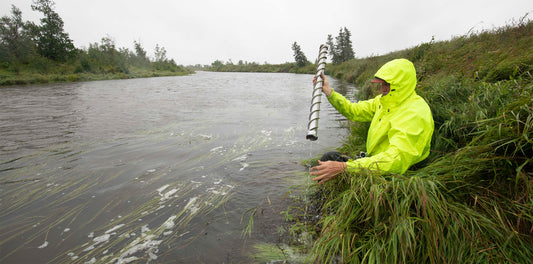It’s hard to imagine a pursuit less political than fishing. Even though I have miraculously become a landed professional, my roots are as a dirtbag, inclined to sleep in the dirt over a hotel room, more environmentalist than capitalist. And yet the fishing friends I admire most cover the political spectrum, and include a Smith and Wesson rep; a luxury watch dealer; and a conservationist who thinks washing his hair is wrong. I don’t judge, I fish.
In middle age, my understanding of both politics and fishing has evolved. I’ve lost my youthful radicalism, and instead have come to see human concerns—that we want to take care of our children, treat others as they would like to be treated—as fiercely bipartisan. I can’t imagine casting a fly from at least some common ground.
I came to realize that our sport’s obsessive-compulsive fascination with minutia: seasons and hatches, stone flies and nymphs, dry vs. wet, was not a disorder, but rather a deep, intimate, and personal connection to the natural world, an expression of biophilia—the human tendency to seek connections with nature.
It’s no wonder that fishers are increasingly concerned about a warming climate, and its interplay with waters and governance. In Montana, for example, “Hoot Owl” rules shut down rivers too hot to fish. Montanans hate government intrusion; but unchecked warming will only bring more. Encouragingly, big-scale fixes aren’t partisan and scary, they are oddly libertarian. One example: replacing the payroll tax with a tax on gasoline and electricity, which actually *reduces* government; you can choose a more efficient refrigerator, but you can’t elect to pay less income tax.
Leaders in the fishing community are worried. Scientists say warming will cost us 75% of Brook Trout habitat in the West and 50% of Brown and Cut- throat, all in our childrens’ lifetimes. Fishermen and women need to care about this issue, and act accordingly. For themselves, yes. For the sport, sure. But also for their unfathomable friends, those river buddies who are so different, but whom we love nonetheless.



